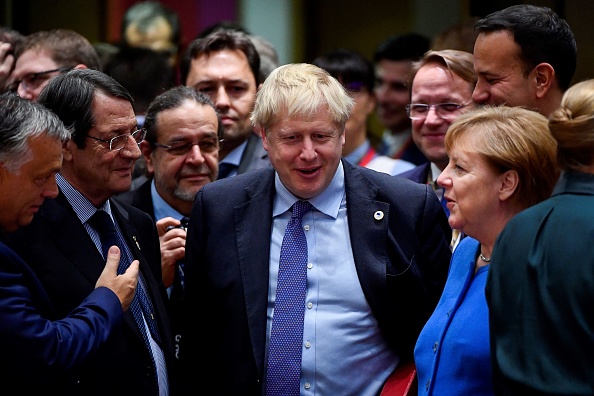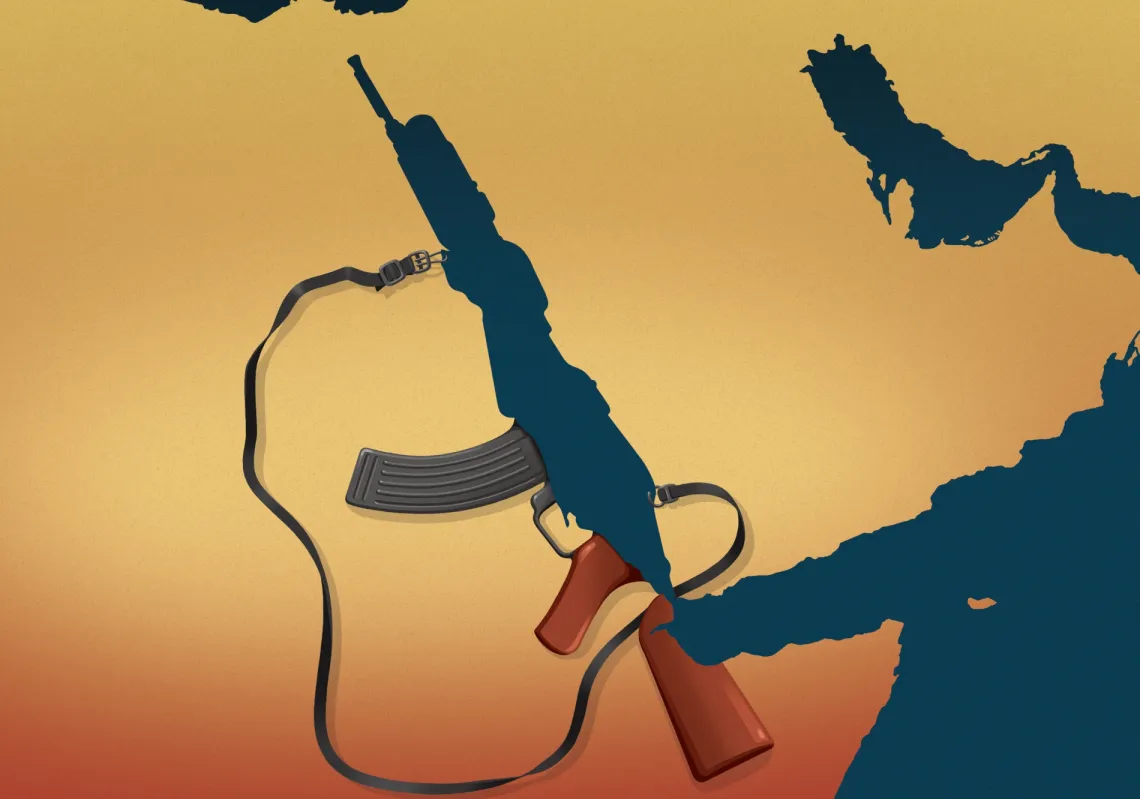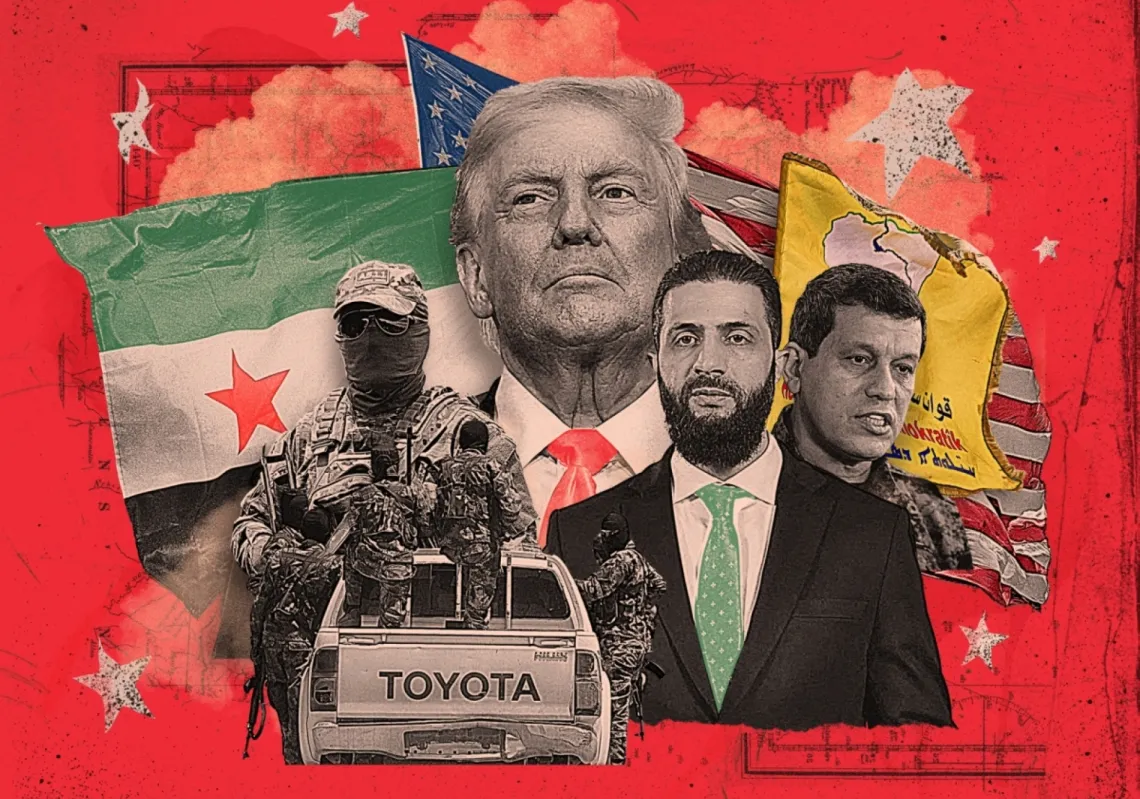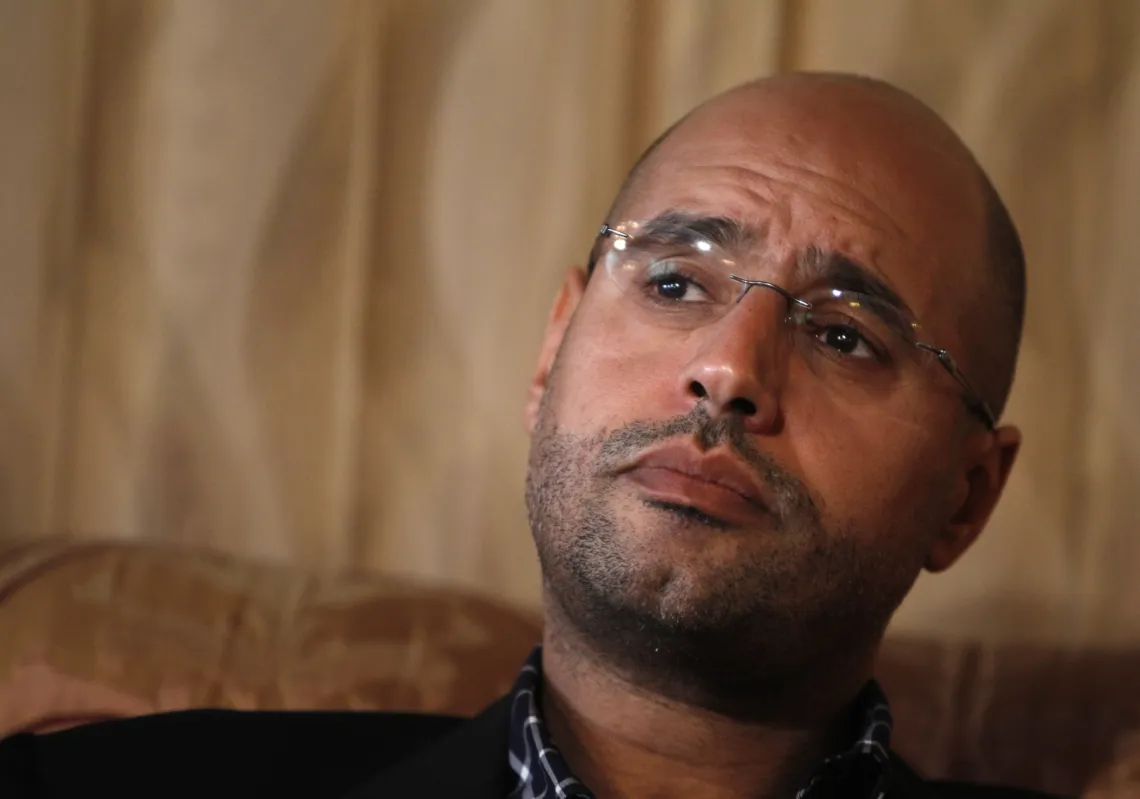WHAT CHANGES ON FEBRUARY 1?
Nothing. At least initially. Although everyday life will remain the same and the UK will remain in the single market and the customs union until the end of the year as part of transition arrangements, the withdrawal agreement will be a legally binding international treaty.
During this period all parts of the UK will continue to follow EU rules and contribute to the EU budget but will be ejected from the EU’s political institutions while the long-term relationship, including a trade deal, can be negotiated. This standstill period will last until the end of 2020 and the prime minister has promised not to extend it. The trading relationship between the EU and the UK, and between Northern Ireland and the rest of the UK will remain unchanged during the transition period.
British and EU citizens will continue to benefit from free movement during the twilight period. After this period, Britons living in the 27 EU member states will have their residency rights safeguarded, subject to completing whatever administrative procedures are imposed by the national government. But the divorce deal does not grant British expats full freedom of movement rights within the union. It guarantees rights for UK citizens in the EU27 country where they reside. But the European Parliament has urged that UK citizens living in the EU should be granted free movement rights after the transition period has ended.
For the 3 million EU citizens resident in the UK, they have until June 2021 to register for Britain’s settled status scheme, which allows them to stay in the UK with existing rights after Brexit, The scheme is open to people who have been living in the country for at least five years. Those who have not been there long enough can apply for pre-settled status, which grants the right to live and work in Britain for up to five years.
Travel arrangements and holidays between January 31 and December 31, 2020, will be unaffected. British citizens will not need a visa to travel to EU countries, but the European Commission has said that from 2021, travelers will need to apply for an ETIAS (European Travel Information and Authorisation System) visa waiver. Similar to an American ESTA, this is expected to cost around £6 and will be valid for several years.

NEGOTIATING A POST-BREXIT TRADE DEAL
The Brexit Department will be abolished and a new Taskforce Europe Team within No10 will lead the UK's trade talks - headed by the PM's chief Europe adviser David Frost. The highly complex and potentially extensive set of negotiations on the UK’s post-Brexit relationship with the EU will start on 3 March, the Guardian reported this week. While business has been clamoring for the government to reveal its Brexit vision beyond the joint aspiration of a tariff-free, quota-free deal, little is known about Boris Johnson’s specific goals. The starting point of these negotiations will be something called the political declaration, which sets out broad principles – “establishes the parameters of an ambitious, broad, deep and flexible partnership across trade and economic cooperation with a comprehensive and balanced Free Trade Agreement at its core” – but lacks details on how these goals will be achieved.
Time is short. Many EU officials have said that they do not believe that 11 months is not enough time to settle all the detail of this future EU-UK cooperation. After all, it took about three years just to get to this point and this next phase could be even tougher. The Brexit deal allows the possibility of an extension to this period until the end of 2022, but Johnson has ruled out any form of an extension to the transition period, and he eliminated that possibility from the Brexit legislation that just became law. If no trade deal has been agreed and ratified by the end of the year, then the UK faces the prospect of tariffs on exports to the EU.
The EU wants to guarantee a “level playing field” with the UK in any free-trade agreement, basically to prevent the UK from so drastically changing their economic regulations (such as giving huge tax breaks or subsidies to companies) or environmental or labor standards that it could undercut the EU. The EU sees state aid as the most sensitive parts of the “level playing field” of common rules and standards that it says Britain must adhere to if it wants any trade deal – and it plans to impose requirements that go far beyond those demanded of other trading partners in this area.
Some have argued the EU is guilty of the accusation often leveled at the UK: trying to cherry-pick bits of the UK-EU trading relationship, without accepting the consequences of Brexit. The EU, however, says that it has made the UK an exceptionally generous offer. The EU does not have a zero-tariff, zero-quota, a traditional free-trade agreement with any country in the world, so wants equivalent assurances in return.
Northern Ireland remains the single most contentious part of the Brexit trade deal because of the checks on goods crossing the Irish Sea. After Brexit, Northern Ireland will be outside the EU while the Republic of Ireland will remain inside. The UK and EU agreed this should not lead to new checks or controls on goods crossing the border between the two parts of Ireland. To achieve this, Northern Ireland will continue to follow EU rules on agricultural and manufactured goods, while the rest of the UK will not. This will mean some new checks and processes for goods moving between Northern Ireland and other parts of the UK. The UK and EU now have to negotiate the nature and extent of those checks. During the election campaign, the prime minister insisted that for goods moving from NI to GB, there would be ""no forms, no checks, no barriers of any kind". But the EU has said there will have to be new checks, particularly on food products. Northern Ireland businesses have urged the government to set up the working group urgently so that the detail of the checks can be determined quickly.
If no trade deal is reached by the end of the transition period, this will affect Northern Ireland and the rest of the UK differently. England, Scotland, and Wales would face tariffs and other trade barriers with the UK while Northern Ireland will not. This is because the withdrawal deal guarantees frictionless trade with the Republic of Ireland.
It's not just a trade deal that needs to be sorted out. The UK must agree on how it is going to co-operate with the EU on security and law enforcement. The UK is set to leave the European Arrest Warrant scheme and will have to agree on a replacement. It must also agree on deals in a number of other areas where co-operation is needed.








